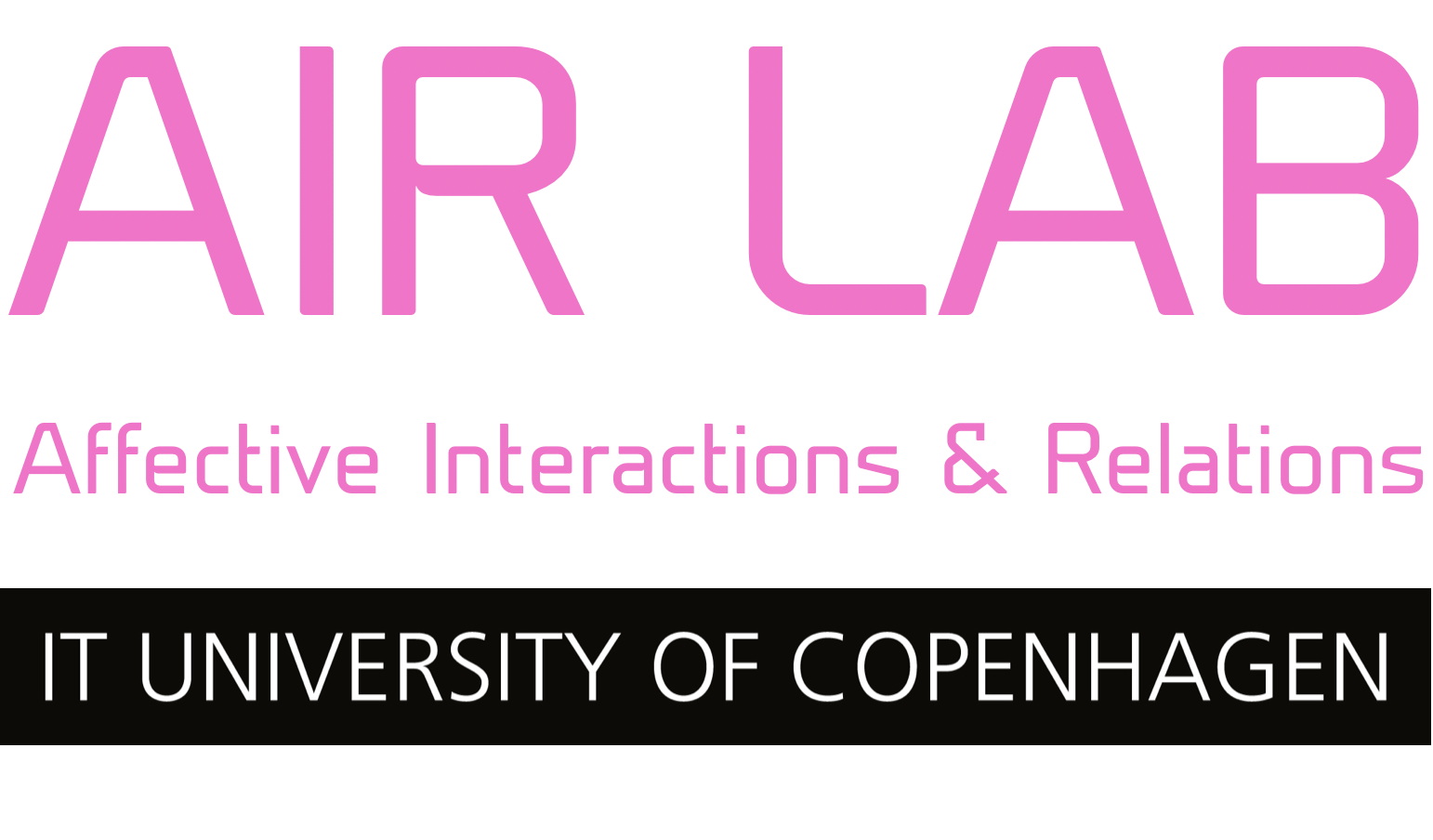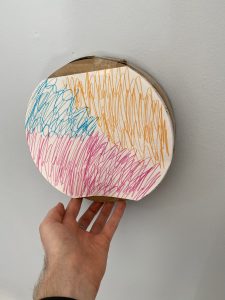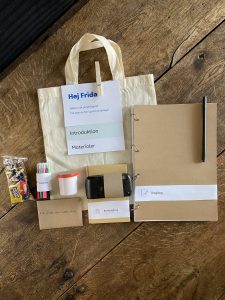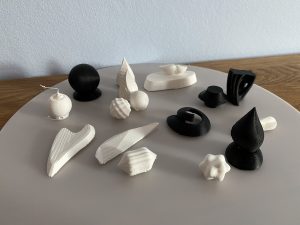As the world becomes more digitized, more people experience feeling lonely. Especially the younger generation is a victim of loneliness, and there is a need for this to be articulated. This Master’s thesis is an in-depth study on how the utilization of technology can help people feel less lonely.
Through this examination, the study illustrates that loneliness is manifold, and can be divided into loneliness as a state and loneliness as a feeling, also known as solitude. The study is focused on loneliness as a feeling, and through the use of cultural probes it investigates how people feel and process solitude in order to develop technological design proposals.
This has led to a categorization of four different personality types: the determined type, the busy type, the unmotivated type, and the reactive type. The former two show a need for reflection, whereas the latter two show a need for activation. Through ideation, sketching, prototyping, and testing, the study leads to the development of Reflicht and React; two physical prototypes that support the users in reflection and activation.
Grounded in different design theories such as affective interaction design, the prototypes show that technology has the ability to support the user accommodate solitude. Insights show that in order for technology to assist the user in accommodating loneliness, it needs to be designed for the user’s domestic context, it needs to be individualized, and lastly, it needs to be able to afford for the user to be in control.
PROJECT MEMBERS
Joachim Demuth, Nicolai Nyboe, Sofie Birkelund, Stine Sørensen



